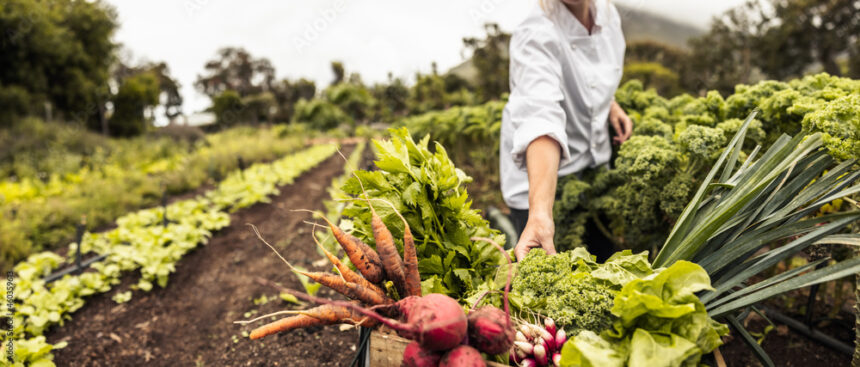Crop rotation is indeed crucial for preventing soil erosion and disease in South Africa, as it is in many other agricultural regions around the world. Here are some key reasons why crop rotation is important in South Africa:
- Soil conservation: South Africa, like many parts of the world, faces significant soil erosion challenges. Erosion can lead to the loss of topsoil, which is rich in nutrients and essential for plant growth. Crop rotation helps in soil conservation by reducing erosion. Different crops have varying root systems, and by rotating crops, the soil is more likely to be held together by different types of roots, preventing erosion caused by constant exposure to the elements.
- Nutrient management: Continuous cultivation of the same crop in a particular area can deplete specific nutrients from the soil, leading to nutrient imbalances and reduced crop productivity. Crop rotation allows for the replenishment of nutrients in the soil. Different crops have different nutrient requirements and nutrient uptake capacities. By rotating crops, farmers can optimize nutrient utilization and reduce the risk of nutrient deficiencies or excesses in the soil.
- Pest and disease management: Crop rotation plays a vital role in managing pests and diseases in agricultural systems. Certain pests and diseases have specific crop hosts on which they thrive. By rotating crops, farmers disrupt the life cycles of these pests and diseases, reducing their buildup in the soil and minimizing the risk of infestation or disease outbreaks. Crop rotation can break pest and disease cycles, making it an effective method of natural pest control.
- Weed control: Weeds compete with crops for resources such as nutrients, sunlight, and water. Continuous cultivation of the same crop can lead to the proliferation of specific weed species that are well adapted to that crop. By rotating crops, farmers can disrupt weed cycles and reduce the prevalence of specific weed species. Different crops have different growth habits and nutrient requirements, which can help suppress certain weed species and promote a more diverse and balanced weed population.
- Soil health and fertility: Crop rotation promotes overall soil health and fertility. Different crops have varying impacts on soil structure, organic matter content, microbial activity, and nutrient cycling. By rotating crops, farmers can enhance soil fertility, improve soil structure, and foster a diverse soil microbiome. This leads to improved soil health, increased nutrient availability, and better overall crop performance.
In conclusion, crop rotation is a valuable agricultural practice in South Africa for preventing soil erosion and disease, maintaining soil fertility, optimizing nutrient management, managing pests and weeds, and promoting sustainable and resilient farming systems. By implementing crop rotation strategies, farmers can reduce the reliance on chemical inputs, improve yields, and contribute to long-term agricultural sustainability.







